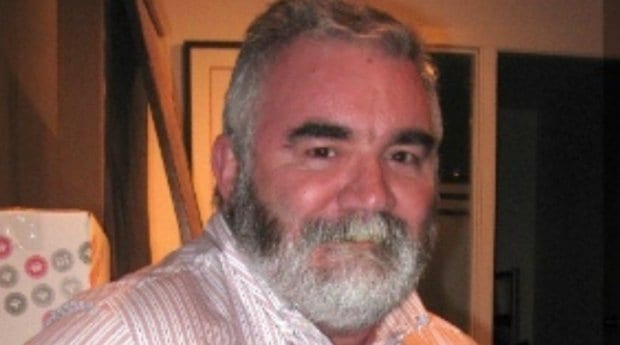A lengthy reevaluation of HIV government funding in BC has solidified funding for the Health Initiative for Men (HIM), whose programs were found to effectively reach men who have sex with men, identified by the province as a key demographic meriting ongoing, targeted prevention.
Wayne Robert, executive director of HIM, says Vancouver Coastal Health (VCH) put out a request for proposals under BC’s new HIV guidelines requiring all local organizations to submit their programming to new scrutiny based on specific criteria, such as peer support, caregiving and gay men’s sexual health services.
Robert says VCH deserves credit. The new guidelines specifically acknowledge that men who have sex with men continue to account for the majority of new HIV infections in BC.
Including gay men’s sexual health services was a “complex issue” because of the many questions surrounding the effectiveness of drugs and prevention as cure, Robert says. But VCH got behind HIM’s mandate and continued to fund programs specifically for men who have sex with men, as long as they are proven to be effective.
HIM’s accessible testing clinics, community engagement and outreach were all found to be effective tools to diagnose gay men sooner and prevent HIV transmission. VCH renewed funding for HIM’s programs at $850,000 annually, which accounts for nearly 71 percent of the organization’s total annual budget.
Other organizations, such as AIDS Vancouver and Positive Living BC, were less successful in the reevaluations. Positive Living lost 10 percent of its funding from VCH and had to eliminate a staff position as a result.
“We took a small reduction in our allocation,” says executive director John Bishop, “but the lion’s share of the funding was contained.”
Brian Chittock, executive director of AIDS Vancouver, says his organization was “very successful” in the process, though staff cuts and program restructuring are now underway.
The new programming shifts the emphasis to prevention, something Chittock says VCH hasn’t previously funded for AIDS Vancouver.
“Young gay men in BC are still the number-one group of people becoming infected with HIV, so we’re trying to stop that from happening,” he says.
The reevaluation was an arduous process, Robert says, but he’s satisfied with the end result. “I think they’ve done a good job of retuning the system,” he says, referring to VCH.
“There was a recognition that something had to change,” he continues. “In the past, we were dealing with a lot of people who were extremely ill with late-stage AIDS. Now we’re looking at treatment as prevention, with an emphasis on testing and holistic health.”
Robert thinks the gay community has benefited overall from BC’s Seek and Treat for Optimal Prevention of HIV/AIDS (STOP HIV/AIDS) campaign, from which the province’s new HIV funding strategy emerges.
“It’s targeted and tailored,” he says, “and everyone can receive care, especially for the gay guys and what they need.”
Supporters of the $48-millon STOP HIV/AIDS pilot program, launched in 2009, say it allows health professionals to diagnose HIV and treat people sooner through enhanced testing strategies and outreach, thereby reducing the risk of transmission.
The program was piloted in Vancouver and Prince George but expanded in April 2013 to include other regional health districts across the province.
Bishop says he is thrilled that the province’s new Hope to Health initiative will allow other regional health authorities to expand their HIV detection, prevention and education services and says “the philosophy behind the program is an absolutely great plus.” But, he says, more cash should have been allocated to the program when it transitioned from a two-district program to provincewide. “The program was enlarged in scope, but the money wasn’t,” he explains.
A spokesperson for the BC Ministry of Health says funding to the program has not been cut and has even increased since pre-STOP levels.
“While some agencies may be receiving a decrease from what they received at the height of the pilot project funding,” Kristy Anderson says, “most have received a net increase from funding levels prior to the pilot. In fact, Vancouver Coastal has received a net increase of approximately $6 million for HIV.”
Miranda Compton, manager of HIV/AIDS Services at VCH, clarifies that the $6 million has been pooled between VCH and Providence Healthcare, which runs St Paul’s Hospital in Vancouver’s West End, as they decided to merge their Hope to Health funding.
“Following the completion of the [STOP] pilot, and when we received the Hope to Health funding starting in 2013, we determined that rather than using the funding for strictly new strategies, we would redeploy all our HIV funding to the important initiatives that we now know will be most effective, and we did that with the full support of community agencies,” Compton says.

 Why you can trust Xtra
Why you can trust Xtra


